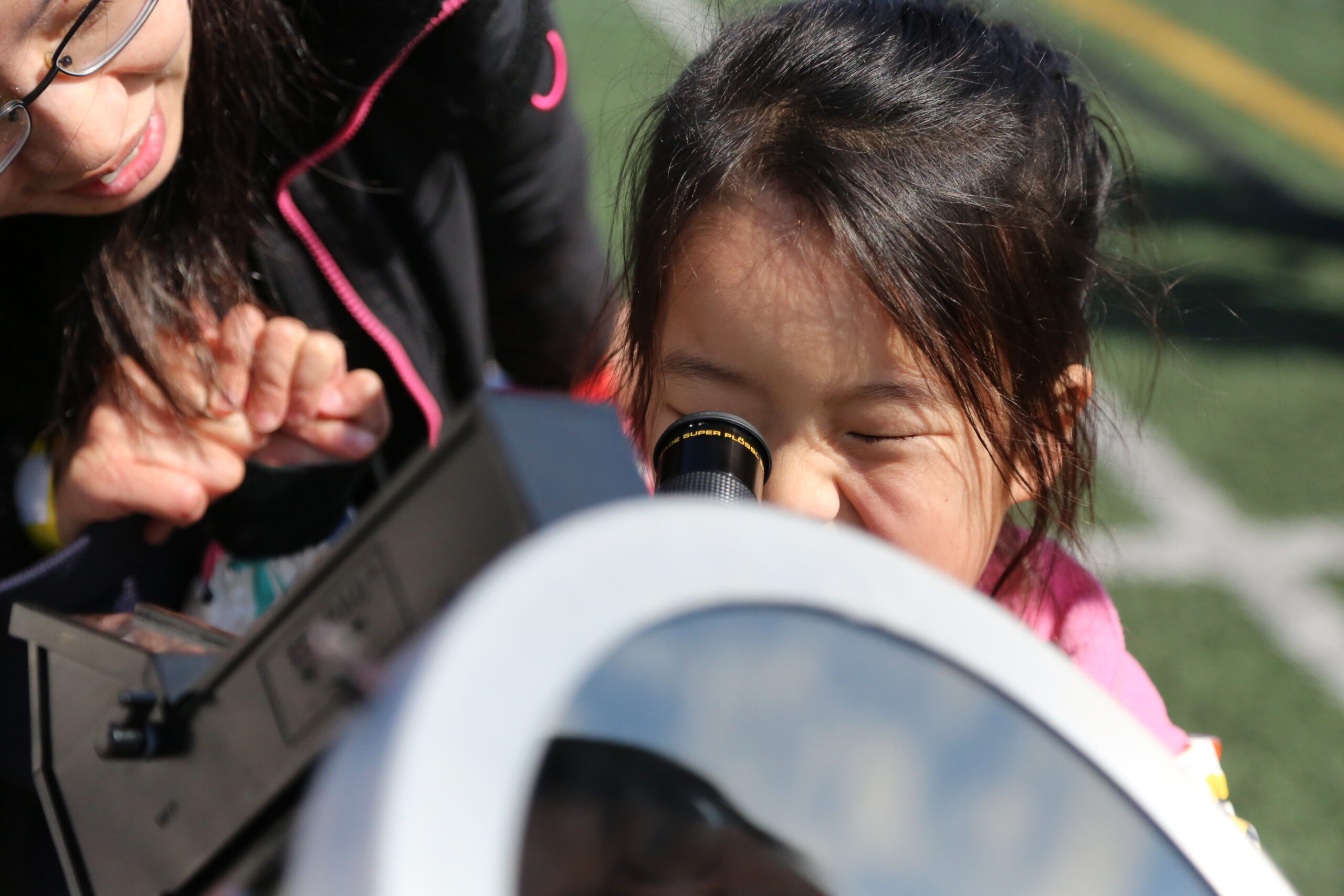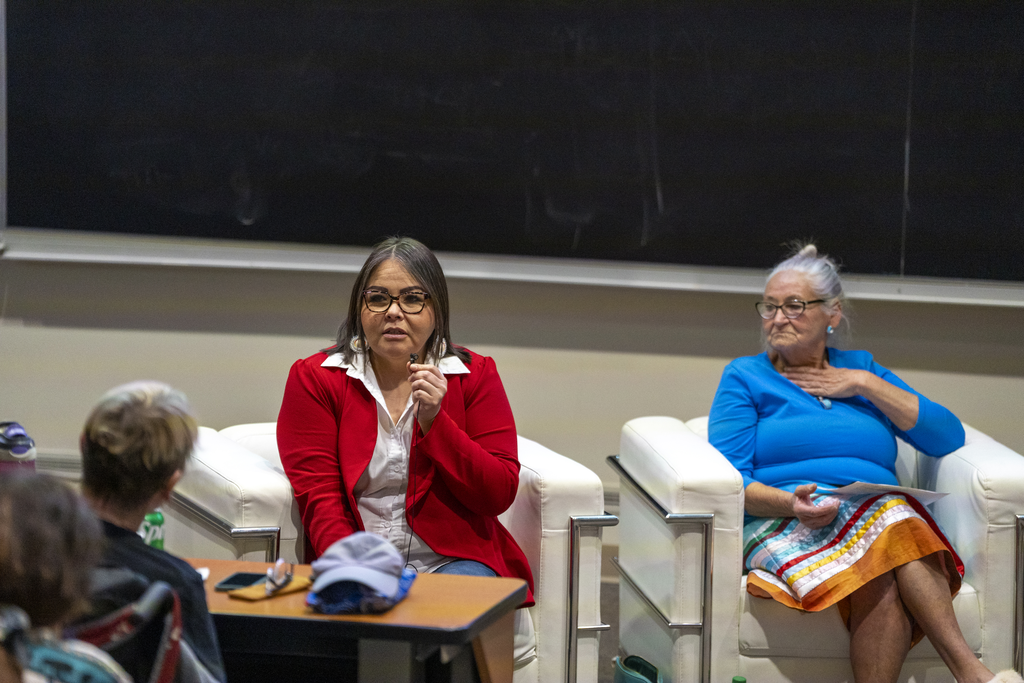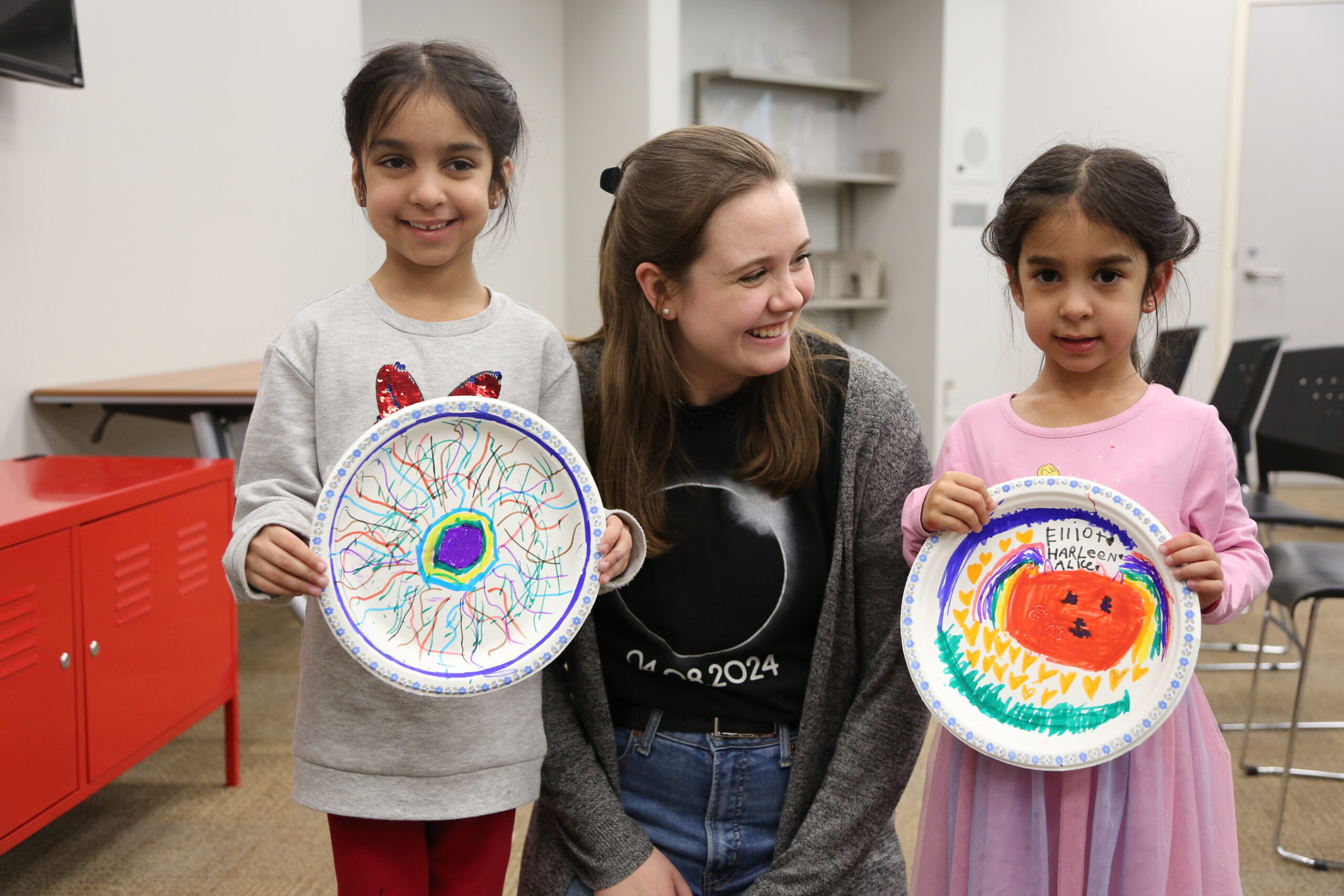Faculty of Science Newsmakers

 An international audience logged on to join the McMaster Centre for Climate Change’s Oct. 6 public lecture on COVID-19: Seasonality, Transmission and Protection with Dr. Mark Loeb. In a conversation with Director Altaf Arain, Dr. Loeb discussed the epidemiology of COVID-19, the potential impact of influenza and controversies over the mode of transmission and protection.
An international audience logged on to join the McMaster Centre for Climate Change’s Oct. 6 public lecture on COVID-19: Seasonality, Transmission and Protection with Dr. Mark Loeb. In a conversation with Director Altaf Arain, Dr. Loeb discussed the epidemiology of COVID-19, the potential impact of influenza and controversies over the mode of transmission and protection.
 COVID-19 has hardened Canadian views on immigration, writes School of Earth, Environment & Society Director Bruce Newbold in The Conversion Canada. Bruce and a team of researchers worked with Dynata Research to conduct a national survey on Canadian attitudes toward immigration during the pandemic.
COVID-19 has hardened Canadian views on immigration, writes School of Earth, Environment & Society Director Bruce Newbold in The Conversion Canada. Bruce and a team of researchers worked with Dynata Research to conduct a national survey on Canadian attitudes toward immigration during the pandemic.
 Where are Hamilton’s public washrooms? Fairuz Karim, a fifth-year Psychology, Neuroscience & Behavior student wrote on op-ed in the Hamilton Spectator and launched a social media campaign to help address equitable access to public bathrooms during the pandemic. The campaign grew out of an experiential learning project from McMaster’s Sustainable Future Program. Fairuz worked on the project during the summer with Charnelle Bailey, India Groundwater, Tanya Sadana and Zoe Spronk. “In the midst of the COVID-19 pandemic, finding a public washroom has become increasingly difficult,” writes Fairuz. “The pandemic reminds us all of the importance and value of public washrooms but where are you supposed to go when there’s nowhere to go?”.
Where are Hamilton’s public washrooms? Fairuz Karim, a fifth-year Psychology, Neuroscience & Behavior student wrote on op-ed in the Hamilton Spectator and launched a social media campaign to help address equitable access to public bathrooms during the pandemic. The campaign grew out of an experiential learning project from McMaster’s Sustainable Future Program. Fairuz worked on the project during the summer with Charnelle Bailey, India Groundwater, Tanya Sadana and Zoe Spronk. “In the midst of the COVID-19 pandemic, finding a public washroom has become increasingly difficult,” writes Fairuz. “The pandemic reminds us all of the importance and value of public washrooms but where are you supposed to go when there’s nowhere to go?”.
 Interdisciplinary analysis of past epidemics can help us understand current and future epidemics. David Earn and a team of McMaster statisticians, biologists and evolutionary geneticists studied thousands of documents covering a 300-year span of plague outbreaks in London, England. They estimate the Great Plague spread four times faster in the 17th century compared to the Black Death plague in the 14th century. Their research has been published in the Proceedings of the National Academy of Science. “It is an astounding difference in how fast plague epidemics grew,” says David, the lead author and a professor in the Department of Mathematics & Statistics. The team believes that population density, living conditions and cooler temperatures could potentially explain the acceleration and that the transmission patterns of historical plague epidemics offer lessons for understanding COVID-19 and other modern pandemics. Read Dynamic of the Plague on McMaster Brighter World.
Interdisciplinary analysis of past epidemics can help us understand current and future epidemics. David Earn and a team of McMaster statisticians, biologists and evolutionary geneticists studied thousands of documents covering a 300-year span of plague outbreaks in London, England. They estimate the Great Plague spread four times faster in the 17th century compared to the Black Death plague in the 14th century. Their research has been published in the Proceedings of the National Academy of Science. “It is an astounding difference in how fast plague epidemics grew,” says David, the lead author and a professor in the Department of Mathematics & Statistics. The team believes that population density, living conditions and cooler temperatures could potentially explain the acceleration and that the transmission patterns of historical plague epidemics offer lessons for understanding COVID-19 and other modern pandemics. Read Dynamic of the Plague on McMaster Brighter World.
Related News
News Listing

Physics and Astronomy grad students offer out-of-this-world view at total solar eclipse viewing party
Community, Engagement excellence, Graduate students
April 8, 2024

The greatest of love stories: Panel shares Indigenous perspectives on the eclipse and astronomy
Community, Faculty, Outreach, science communication
April 8, 2024

